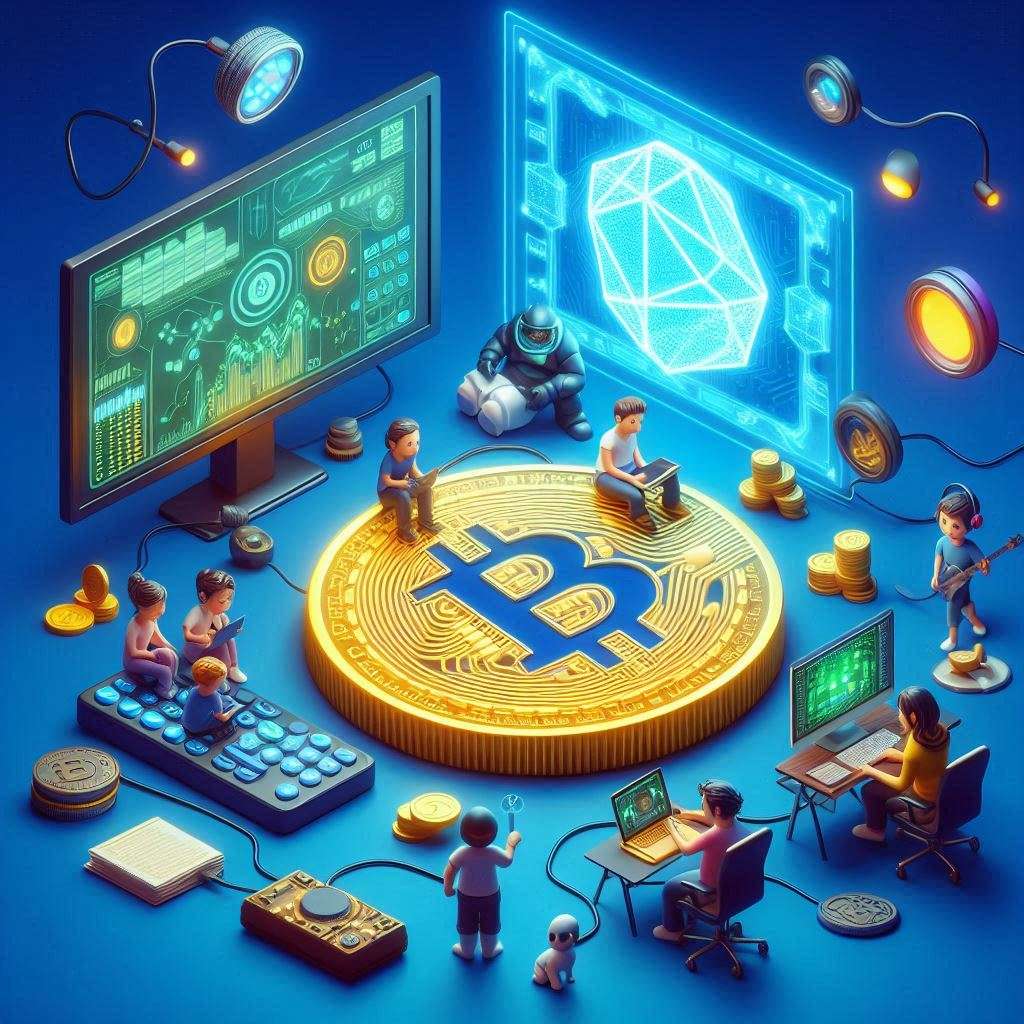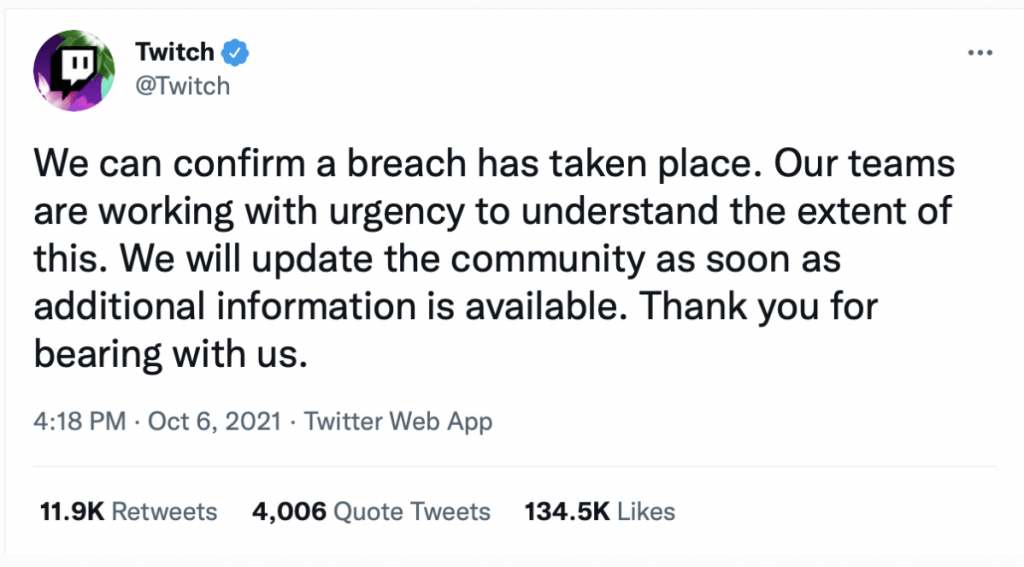- Tether Net Profits Reach $10 Billion in 2024
- Bitcoin sees $671.9M ETF sell-offs after BTC crashes below $94K
- Bitcoin Faces Sharp Decline, But Long-Term Outlook Remains Bullish
- Is This The Bottom? Experts Weigh In On Bitcoin 13% Dip And Potential Recovery
- Rumble Stock Soars On $775 Million Investment From Tether: What To Know
- If ETH ‘pullback continues,’ a $3K retrace remains in play — Analyst
- Jump Crypto Subsidiary Tai Mo Shan Fined $73.45M Over UST Scandal
- Bitcoin Miner MARA Holdings Embraces MicroStrategy Playbook, Acquires $1.53 Billion Worth BTC
- Tether’s $775 Mln Investment in Rumble and Entry into AI Sector by 2025
- AI and Crypto Czar's Role Has Now Narrowed Significantly

Coin-Operated Machines To Token-Operated Gaming; The Rise Of On-Chain Gaming
On-chain games provide a governance model controlled by the community, in which players have an active role in making decisions, giving the gaming community a sense of genuine ownership and accountability, according to Ben Rubin, CEO and Co-founder of Towns.
An unknown hacker gained access to Twitch’s server and private information in 2021, causing a large data breach that included the platform’s source code and payment statistics for thousands of streamers.

This incident demonstrates how difficult it is for large, well-known platforms to secure sensitive data. It serves as a sobering reminder of the constant dangers in our digital age, particularly for communities that depend on in-the-moment communication and live streaming. These security lapses jeopardize user privacy and financial stability, undermining the confidence and safety of the whole gaming and streaming community.
The sector must keep advancing toward a more secure, decentralized, tokenized future in order to better safeguard users and their revenues and create a more robust ecosystem that prioritizes trust and ownership.
Unseen Dangers
Examining the present market inefficiencies in online gaming is necessary if we are to secure the gaming industry and create a better ecology. This is particularly crucial since in-game items such as virtual land, weaponry, and skins are becoming quite valuable.
The fact game creators still have all the power is one of the main problems. Three parties are now involved in the Web2 gaming business: users, game publishers, and platform (console) facilitators. The facilitators monopolize the market.
Furthermore, games have inefficient value collection because players in Web2 lack a natural, transparent, or straightforward mechanism to request rewards for the value they create, and platforms and market facilitators frequently put their own interests ahead of that of individual players.
Start Playing On(chain)
Emerging on-chain, decentralized, permissionless messaging applications represent a hopeful change in the direction of putting user security and privacy first via encrypted communication protocols. The goal of these new protocols is to completely embrace decentralization and the crypto ethos of privacy protection while empowering users to own, govern, and steer the games and community.
Real ownership and accountability within the gaming community are provided by on-chain games that employ these new protocols and provide a community-driven governance model in which players actively engage in decision-making and help design security and privacy standards.
An Alternative Kind of Token-based Gaming
The use of safe, on-chain platforms is essential for improving game security. These platforms may greatly reduce dangers by including cutting-edge security features like end-to-end encryption and placing a high priority on community safety by providing systems that uphold reputation. In the field of gaming, innovative methods incorporating decentralized social networks with native and transparent experiences to attract and compensate players are establishing new benchmarks for community ownership and security. These developments are turning out to be essential for building more secure and purposeful gaming experiences.
In addition, games ought to be decentralized protocols run by platforms and guilds that charge fees, with game producers serving as node operators. Participants who create value can use this framework to determine an effective market price for their contributions and in-game assets.
Games should also be permissionless. Enforcing good conduct and awarding different entitlements depending on users’ verifiable activities on-chain, programmable, and permissionless game dynamics lets developers create and manage better communities.
Ultimately, accepting the transferability of acquired wealth and assets is not as contentious as accepting the idea of riding in an Uber with total strangers. People may acquire a great deal of value by being able to exchange their hard-earned treasure for cash. Blockchain rails open up new possibilities that let players keep more of their winnings and give games an exciting new aspect of network play.
Effective protection for players and their prizes depends on ongoing innovation and teamwork. On-chain gaming is reshaping the future of gaming by offering robust security, safe communication, and a more immersive experience.
Newfs
There was an error fetching the feed.
